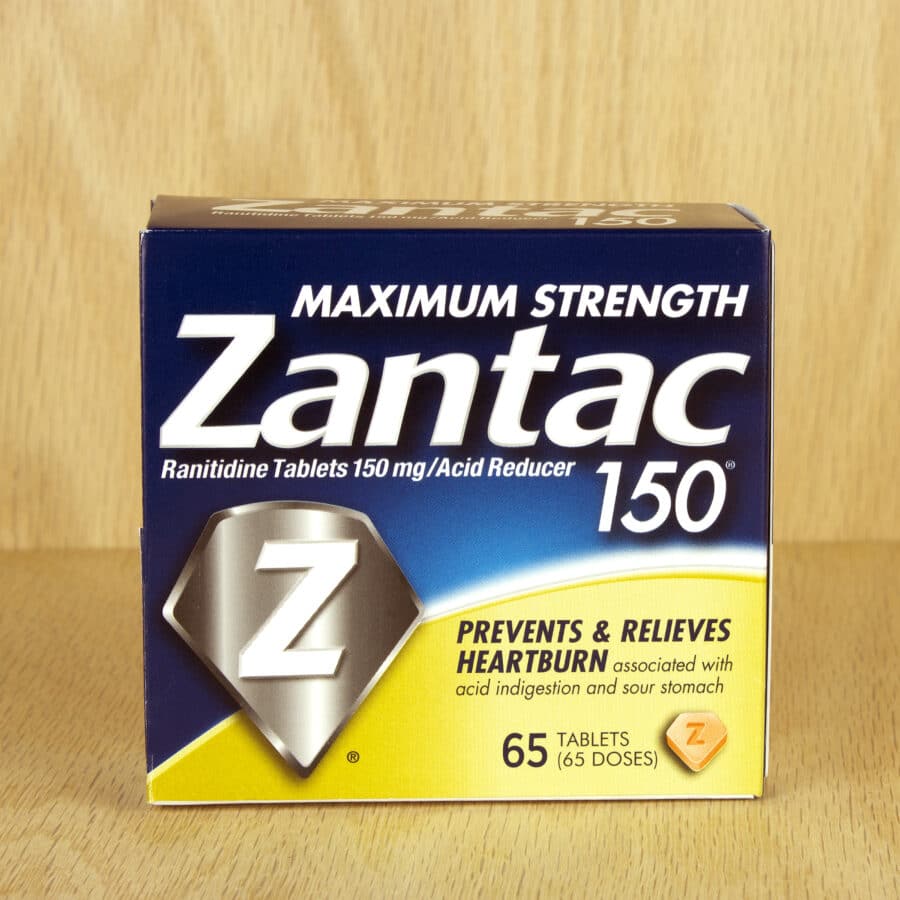When Michele Reed was a nurse, she saw the popular heartburn medicine Zantac prescribed right and left.
Now, as an attorney for Newsome Melton, she hears the sad tales of people who took Zantac or its generic and are now suffering from cancers of the stomach, breasts, bladder, kidney, prostate, colon, esophagus, liver, and pancreas as well as lymphoma and leukemia.
“That’s the most disturbing part – many people end up with cancers for taking something considered benign. For God’s sake it was given over the counter,” Reed said. “A lot of this is tragic. A lot of our clients are young women. These cancers are life altering.”
Zantac and its generic, ranitidine, were pulled from shelves after an online pharmacy, Valisure, told the U.S. Food and Drug Administration that it had found the probable cancer-causing agent N-Nitrosodimethylamine (NDMA) in some batches. Retailers stopped selling both the prescription and the over-the-counter versions and the brand-name manufacturer, Sanofi, recalled the medication.
When the FDA requested that manufacturers remove all ranitidine products from the market April 1, 2020, it said they posed a health risk, especially for medicine stored at higher temperatures or for longer periods. The FDA previously cautioned patients to consider alternatives but said the risk was akin to eating grilled or smoked meats.
But lawsuits have painted a darker picture, like this complaint from Floridian Joseph L. Galimidi: “While his heartburn was healed, Zantac – laden with…NDMA, a probable human carcinogen – wreaked havoc in his body and led to his breast cancer.”
And this complaint from Mark Allan Blake of Colorado: “This was not done by accident or through some justifiable negligence. Rather, Defendants knew it could turn a profit by convincing consumers that Zantac was harmless to humans, and that full disclosure of the true risks of Zantac would limit the amount of money Defendants would make selling Zantac.”
The U.S. Judicial Panel on Multidistrict Litigation consolidated Zantac into the Southern District of Florida under U.S. District Court Judge Robin Rosenberg.
Some of the factors for those filing suits include proof of Zantac use, evidence of injury such as cancer, and information about the relationship between those two, which will take into account issues like dosage levels and length of the medicine use.
Newsome Melton has already taken on 185 cases. Many of those cases involve breast cancer because of the strong link between it and use of the medicine, Reed said.
A 2008 study by the Fred Hutchinson Cancer Research Center showed a 240 percent higher rate of ductal carcinoma for those taking ranitidine.
The lawsuits are an important way for victims to recoup the costs of facing cancer. “Anytime you have cancer, the cost is enormous. Oftentimes you need surgery, oncology, radiation,” Reed said.
If you have questions about this topic or need assistance filing a ranitidine claim, Newsome Melton can help. Contact us at 1-888-380-2809.


